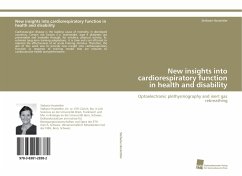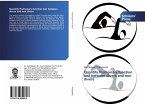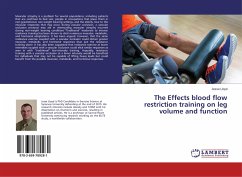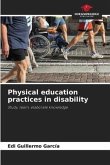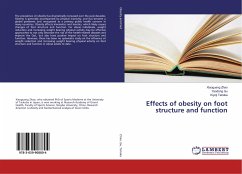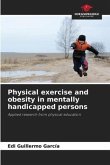Cardiovascular disease is the leading cause of mortality in developed countries. Certain risk factors (i.e. overweight, type II diabetes) are preventable and treatable through, for instance, physical activity. To estimate long-term training adaptations, it is time and cost efficient to examine the effectiveness of an acute training stimulus. Therefore, the aim of this work was to provide new insight into cardiorespiratory function in response to training modes that are relevant to cardiovascular health and performance.

